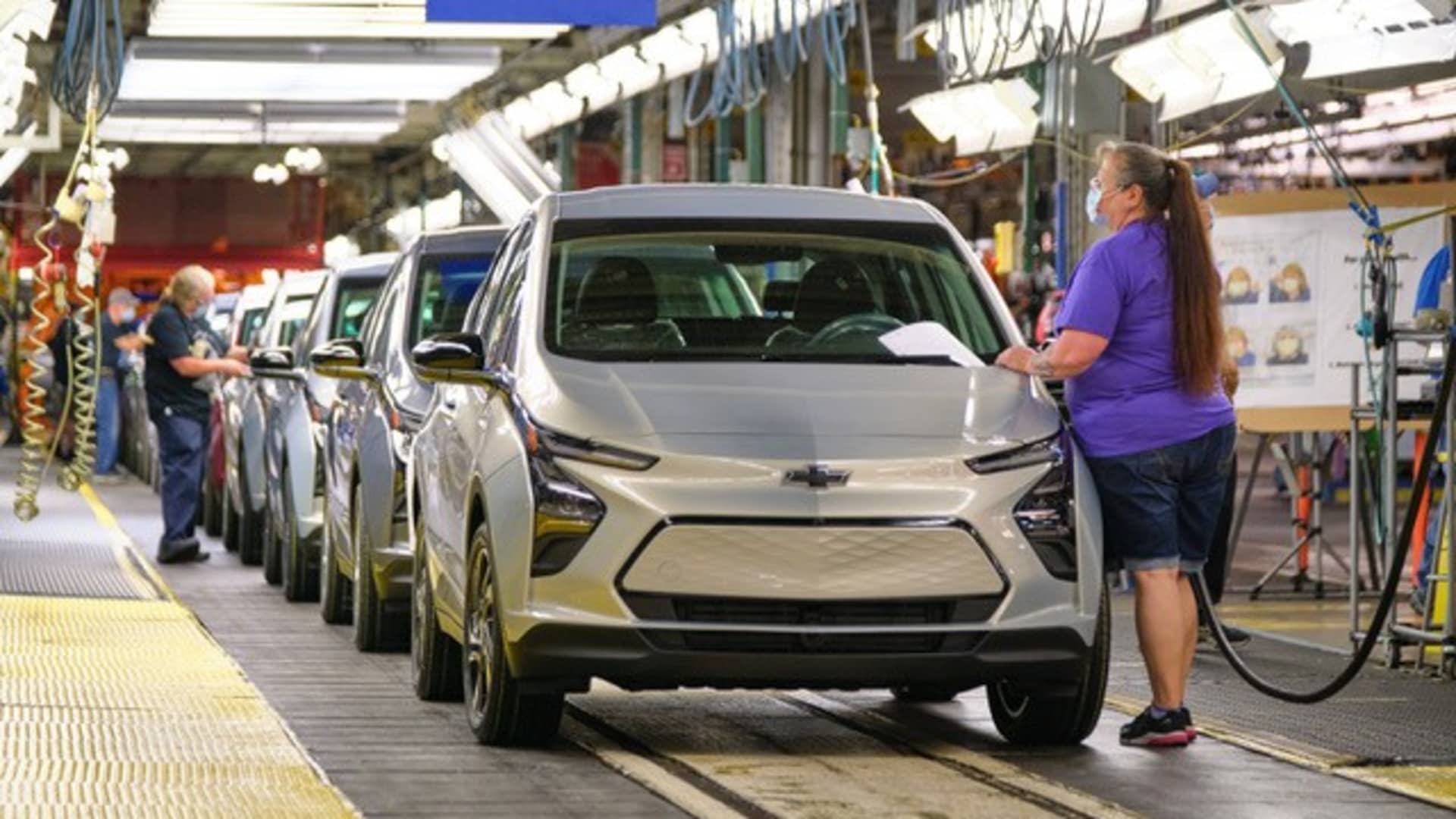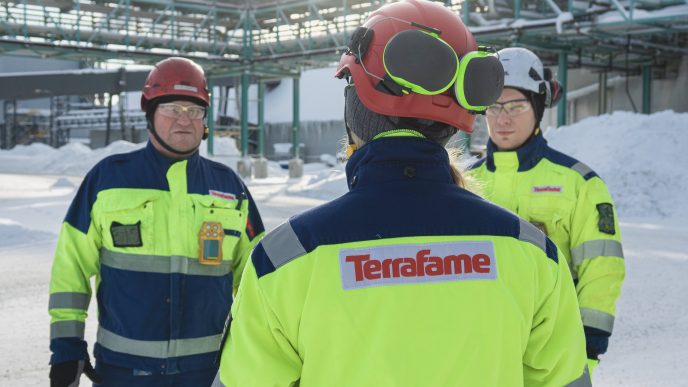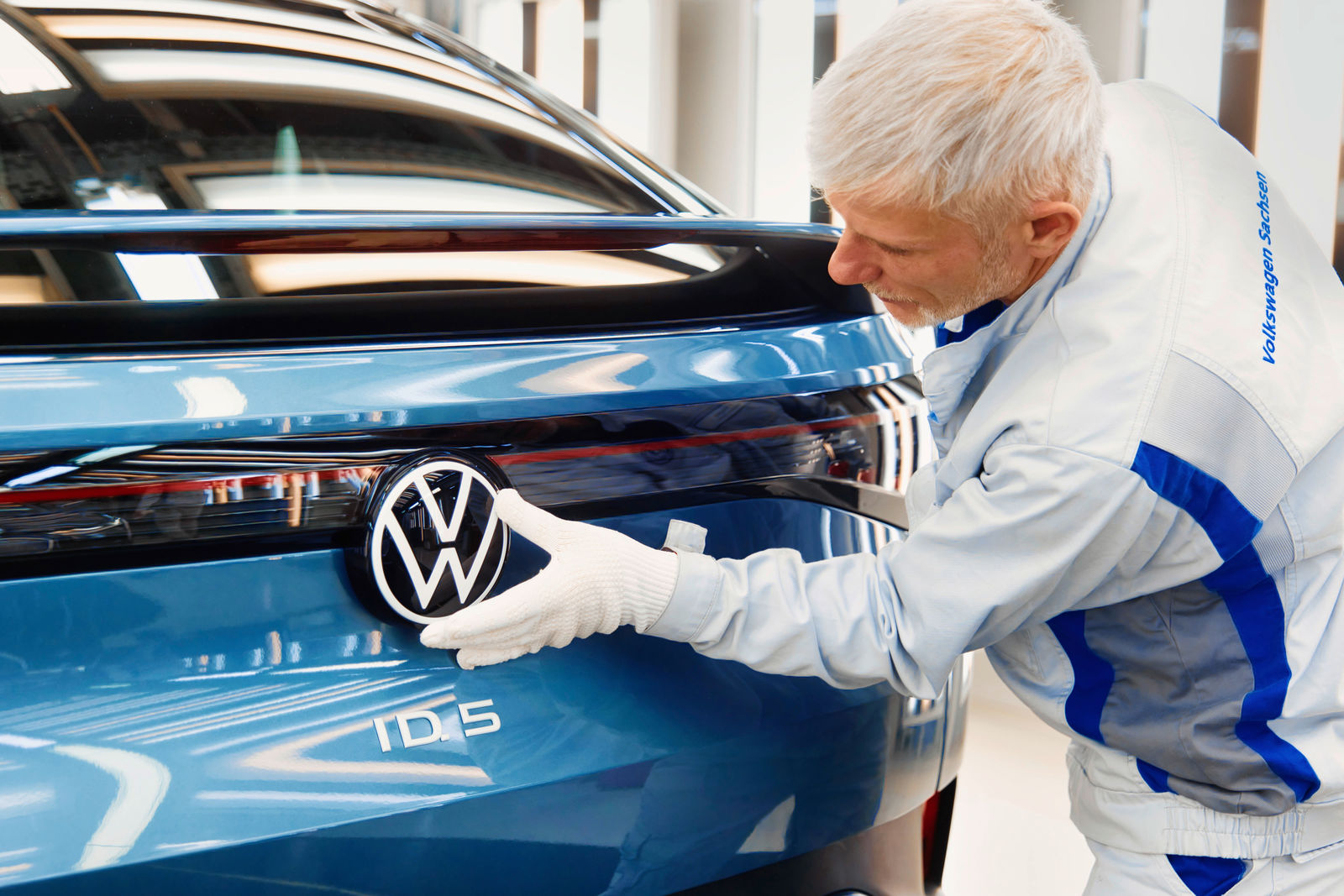Stellantis, the global automotive group, is preparing to cut the production of combustion engine vehicles as early as November in a bid to meet stringent European Union emissions targets for 2025, according to Jean-Philippe Imparato, the company’s European Chief Operating Officer.
To comply with upcoming EU regulations, which require manufacturers to limit their fleet’s average carbon dioxide (CO2) emissions to 95 grams per kilometer, Stellantis aims to double its electric vehicle (EV) share to 24% of total sales in 2024. “If the demand for electric vehicles remains at current levels, the only way to meet our targets and avoid fines is to reduce the production of combustion vehicles,” Imparato said during an interview at the Paris Motor Show.
Stellantis is not alone in facing challenges with the upcoming regulations. Some automakers, including Renault, have pushed for delays or reductions in the CO2 fleet targets. Analysts estimate that failing to meet these targets could cost automakers billions in fines, with some figures reaching as high as 15 billion euros.
Despite this, Stellantis is firm in its commitment. CEO Carlos Tavares emphasized that any delay would harm European car manufacturers in competing with more advanced electric vehicle brands from China. Imparato echoed this sentiment, noting that Stellantis is poised to meet the regulations without any requests for leniency.
Imparato added that the company has several strategies in place to increase its EV sales across different European markets. “We will increase incentives for dealers to sell electric cars,” Imparato said, adding that dealers could expect significant financial rewards for boosting EV sales. Additionally, the company may raise prices for combustion engine models if necessary to stay within CO2 limits.
Stellantis’ recent partnership with Chinese electric car manufacturer Leapmotor could also aid in meeting emissions goals, as EVs from the joint venture will help offset emissions from combustion engine vehicles.
Source: autonews.com








